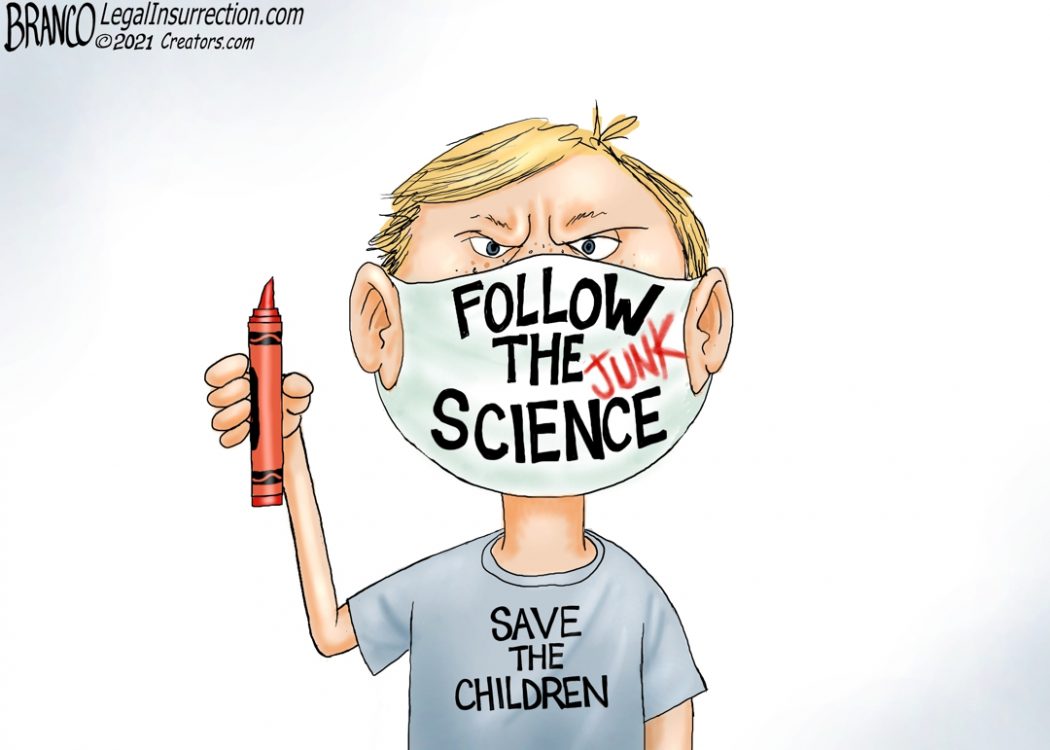
-----------------------------------------------------
It is my sincere desire to provide readers of this site with the best unbiased information available, and a forum where it can be discussed openly, as our Founders intended. But it is not easy nor inexpensive to do so, especially when those who wish to prevent us from making the truth known, attack us without mercy on all fronts on a daily basis. So each time you visit the site, I would ask that you consider the value that you receive and have received from The Burning Platform and the community of which you are a vital part. I can't do it all alone, and I need your help and support to keep it alive. Please consider contributing an amount commensurate to the value that you receive from this site and community, or even by becoming a sustaining supporter through periodic contributions. [Burning Platform LLC - PO Box 1520 Kulpsville, PA 19443] or Paypal
-----------------------------------------------------
To donate via Stripe, click here.
-----------------------------------------------------
Use promo code ILMF2, and save up to 66% on all MyPillow purchases. (The Burning Platform benefits when you use this promo code.)
It is my sincere desire to provide readers of this site with the best unbiased information available, and a forum where it can be discussed openly, as our Founders intended. But it is not easy nor inexpensive to do so, especially when those who wish to prevent us from making the truth known, attack us without mercy on all fronts on a daily basis. So each time you visit the site, I would ask that you consider the value that you receive and have received from The Burning Platform and the community of which you are a vital part. I can't do it all alone, and I need your help and support to keep it alive. Please consider contributing an amount commensurate to the value that you receive from this site and community, or even by becoming a sustaining supporter through periodic contributions. [Burning Platform LLC - PO Box 1520 Kulpsville, PA 19443] or Paypal
-----------------------------------------------------
To donate via Stripe, click here.
-----------------------------------------------------
Use promo code ILMF2, and save up to 66% on all MyPillow purchases. (The Burning Platform benefits when you use this promo code.)






Is that a needle or a crayon?
Is there a difference, except that crayons are supposed to be non-toxic?
Much ado has been made about the contribution Edward Bernays and his nephew Sigmund Freud made to the eventual decline and collapse of our society. Around the time Einstein’s Theory of Relativity started changing societal concepts about time, space and man’s place in the universe, the idea of the triumvirate of man’s persona, the id, ego and superego, battling to control and direct man’s moral behavior turned the idea of right and wrong into one of Moral Relativity which could be measured by studying man’s psychological traits and treating subjective information with the same principles biologists treat samples in petri dishes and coming up with all sorts of mental disorders to treat with all sorts of experimental procedures.
Social Science is bunk and we all know it.
https://thereader.mitpress.mit.edu/social-sciences-dark-ages/
The article is good, but if you read through the eight criticisms of Social Science explained below, you may come to realize the current Covid19 exercise could actually be a social science experiment.
This headline pretty much says it all… I just scanned the article. We now know how social media has been used by the social scientists, don’t we?
Political Scientists are the inbred bastards of Social Science.
https://www.nature.com/articles/d41586-020-01747-1